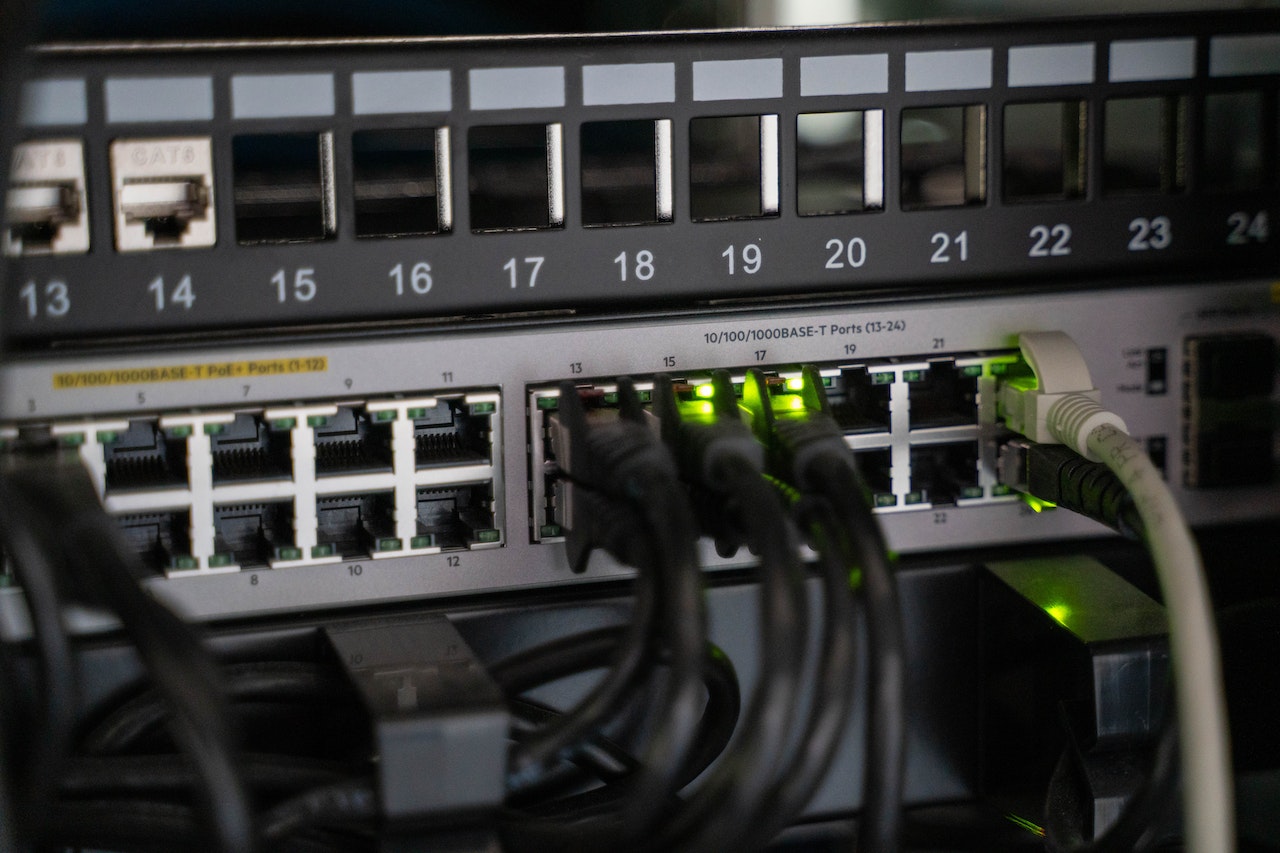In the ever-evolving landscape of Guide to Dedicated Hostings dedicated hosting stands out as the gold standard for performance, control, and security. If you’re running a high-traffic website, a large e-commerce platform, or an application that demands significant resources, dedicated hosting might be the solution you’ve been searching for. This guide will walk you through everything you need to know about dedicated hosting, from its advantages to selecting the right provider.
What is Dedicated Hosting?
Dedicated hosting involves renting an entire server exclusively for your website or application. Unlike shared hosting, where multiple sites share the same server resources, a dedicated server ensures that all its power is at your disposal. This means greater control, enhanced security, and superior performance.
Benefits of Dedicated Hosting
- Unmatched Performance: With dedicated hosting, your server’s CPU, RAM, and storage are not shared with any other user. This leads to faster load times, better handling of traffic spikes, and smoother operation of resource-intensive applications.
- Enhanced Security: Dedicated servers provide a higher level of security since you have complete control over the server’s environment. You can implement your own security measures, install custom firewalls, and protect sensitive data without worrying about vulnerabilities introduced by neighboring websites.
- Full Customization: With a dedicated server, you have the freedom to configure the server according to your specific needs. Whether it’s installing custom software, configuring server settings, or choosing your operating system, dedicated hosting allows you to tailor everything to your requirements.
- Scalability: As your business grows, so can your server resources. Dedicated hosting allows you to upgrade your server specifications easily, ensuring that your website or application can handle increased traffic and data loads without any hiccups.
- Dedicated IP Address: A dedicated server comes with its own IP address, which can be crucial for businesses concerned about SEO and email deliverability. It also enhances security by avoiding the risk of being blacklisted due to another site on a shared server engaging in malicious activity.
When Should You Consider Dedicated Hosting?
- High-Traffic Websites: If your website receives thousands or even millions of visitors per month, dedicated hosting can provide the necessary bandwidth and resources to ensure smooth performance.
- E-Commerce Sites: For online stores handling numerous transactions and storing sensitive customer data, dedicated hosting offers the security and reliability needed to protect both your business and your customers.
- Resource-Intensive Applications: Applications that require significant processing power, such as databases, streaming services, or SaaS platforms, benefit from the robust infrastructure of a dedicated server.
- Need for Customization: If your project requires specific server configurations, custom software installations, or unique operating systems, dedicated hosting gives you the freedom to set up your environment exactly as you need it.
How to Choose the Right Dedicated Hosting Provider
- Server Specifications: Consider your requirements in terms of CPU, RAM, storage, and bandwidth. Opt for a provider that offers flexible plans with the ability to upgrade as your needs evolve.
- Uptime Guarantee: Look for a provider that guarantees at least 99.9% uptime. This ensures that your website or application remains accessible around the clock, minimizing any potential downtime.
- Customer Support: Reliable customer support is crucial, especially if you’re not a server management expert. Choose a provider that offers 24/7 support with multiple channels like chat, email, and phone.
- Security Features: Ensure that the provider offers robust security features, such as DDoS protection, regular backups, SSL certificates, and firewalls. The ability to implement your own security measures is also a plus.
- Data Center Location: The location of your server can impact your website’s loading speed, especially for users in specific regions. Choose a provider with data centers close to your target audience.
- Managed vs. Unmanaged Hosting: Decide whether you need managed hosting, where the provider handles server maintenance, updates, and security, or unmanaged hosting, which gives you full control but requires more technical expertise.
Conclusion
Dedicated hosting is a powerful solution for businesses and projects that demand the highest levels of performance, security, and control. While it may come with a higher price tag than shared or VPS hosting, the benefits often outweigh the costs for those with critical hosting needs. By carefully considering your requirements and choosing the right provider, you can ensure that your website or application runs smoothly, securely, and efficiently.
Whether you’re upgrading from a shared hosting plan or launching a new project with significant resource demands, dedicated hosting can provide the foundation you need for success. Take the time to evaluate your options, and make a decision that aligns with your goals and budget.
